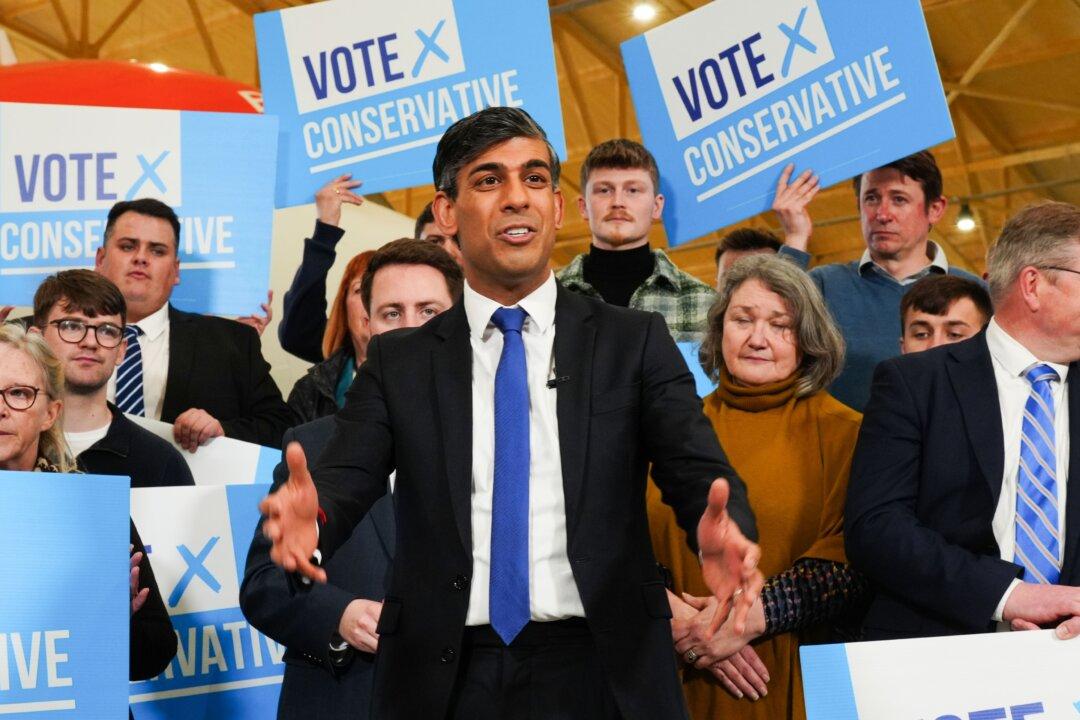The UK government on Monday suffered 14 defeats as the House of Lords voted against a raft of proposed measures in the Police, Crime, Sentencing, and Courts Bill.
The controversial measures were inserted into the bill to target eco-activist groups such as Extinction Rebellion (XR) and Insulate Britain, whose members use tactics such as blocking traffic on busy roads and motorways, and gluing or locking themselves on roads and other infrastructures.




